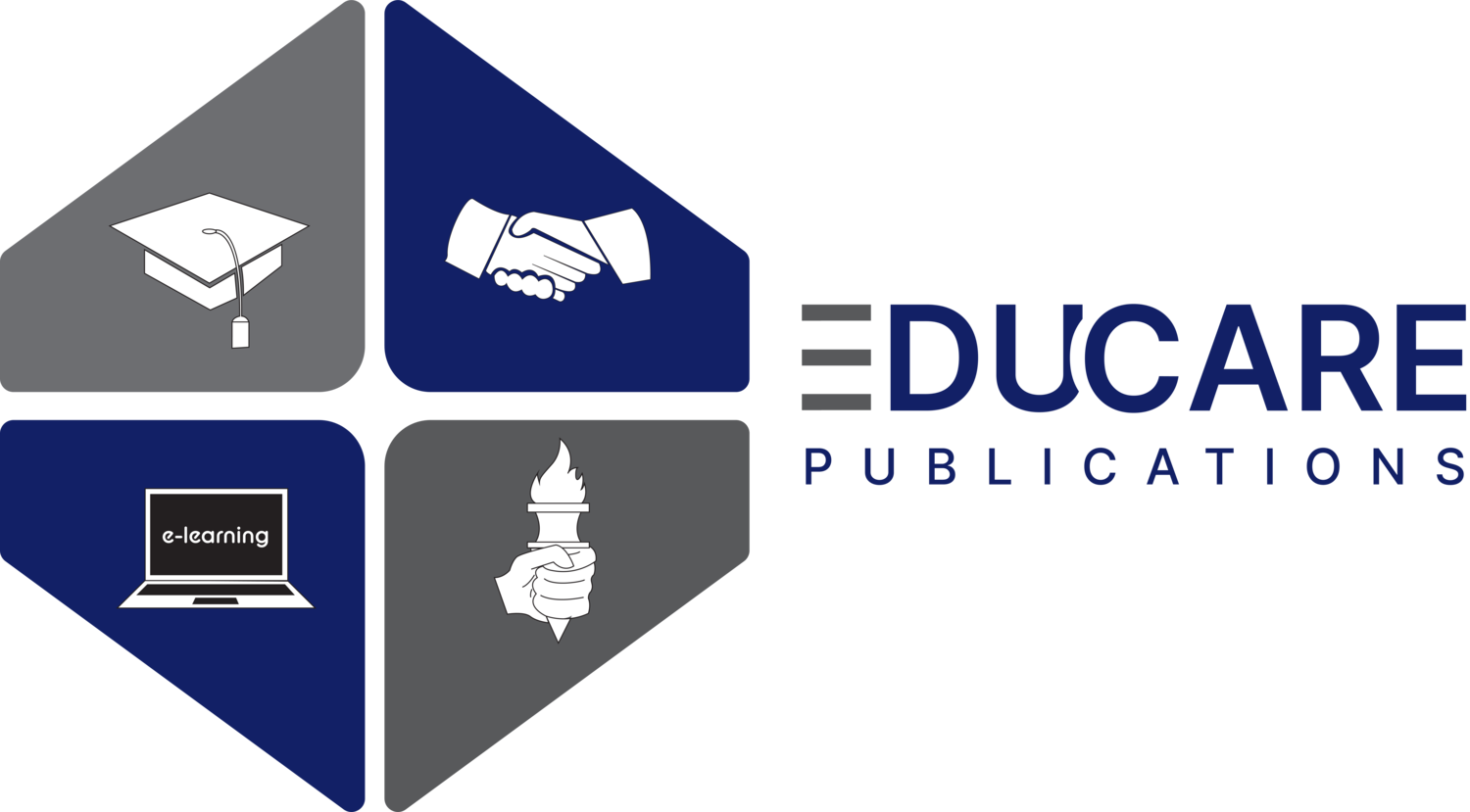

Browse Our Books
“The more that you read, the more things you will know, the more that you learn, the more places you’ll go.”
Students from marginalized backgrounds face heightened burnout from code-switching to fit into underrepresented academic, professional, and social spaces. This survival strategy, requiring adjustments in speech, appearance, and behavior, undermines their sense of belonging, lowers campus engagement and academic performance, and increases mental health challenges and substance abuse, leading some to consider transferring or dropping out due to belonging concerns.
In Belonging on Campus: Code-Switching and College Life, George Paasewe expands on his 2015 IRB research on code-switching, which contributed to the scientific literature by discovering how code-switching is learned while illuminating the complex challenges that students face in their pursuit of belonging and succeeding.
Employees from marginalized groups face heightened burnout as they code-switch to navigate professional spaces where they are underrepresented. Employees feel compelled to code-switch in their quest for career advancement by adapting their communication, behavior, and core identity to align with corporate expectations. The consequences are strikingly evident: a surge in burnout rates, job dissatisfaction, a profound sense of not belonging, and resignations.
InThe Cost of Code-Switching: Belonging in Corporate America, George Paasewe delves deep into the uncharted territory of code-switching in the corporate world. This eye-opening book uncovers the intricate challenges confronting employees in their pursuit of belonging, highlighting an overlooked crisis.
GRANT ME SERENITY is about an infant named Serenity living up to her name with her bubbly personality consisting of smiles and laughter. Upon Serenity’s arrival in this world as the newest addition to her family, she has enhanced the love, happiness, and peace of the Paasewe household.
Throughout the book, Serenity discovers biblical scriptures referencing courage, wisdom, and discernment, which compliments the Serenity prayer. Serenity also shares her fondest memories with her parents and big sister Lyla, whom she loves and adores.
By the end of this book, Serenity understands the importance of living in the moment with joy, love, and peace in her heart to fulfill God’s promises for her life.
STUDENTS OF COLOR are code-switching to navigate predominantly White institutions (PWIs) effectively, but they have realized that code-switching can feel like a requirement and that it is not enough to overcome racism. In this book, George Paasewe reveals that racism is the root cause of why people of color feel pressure to code-switch and simultaneously bear the burden of code-switching. Additionally, he discusses the importance of developing a self-concept of code-switching and recognizing its adverse effects.
This expanded second edition of How Black College Students Learn Code-Switching includes all the material from the first edition and focuses on anti-racist practices that higher education institutions can implement to refine their diversity, equity, and inclusion practices to foster a safe, welcoming, and inclusive campus for students of all backgrounds.





Academic professionals and students encounter significant barriers with traditional publishing models, which often extend publication processes and act more as gatekeepers than gateways. These models stifle timely access and broad dissemination of scholarly work, leading to evident frustrations such as publication delays that impede academic progress and limit opportunities for professional development.
In Empower Your Expertise: Self-Publishing for Higher Education Professionals and Students, author George Paasewe delves into the burgeoning movement towards self-publishing as a more accessible and democratic solution. This book explores how self-publishing offers complete control over intellectual property, quicker access to the market, and the potential for broader dissemination and higher financial returns.